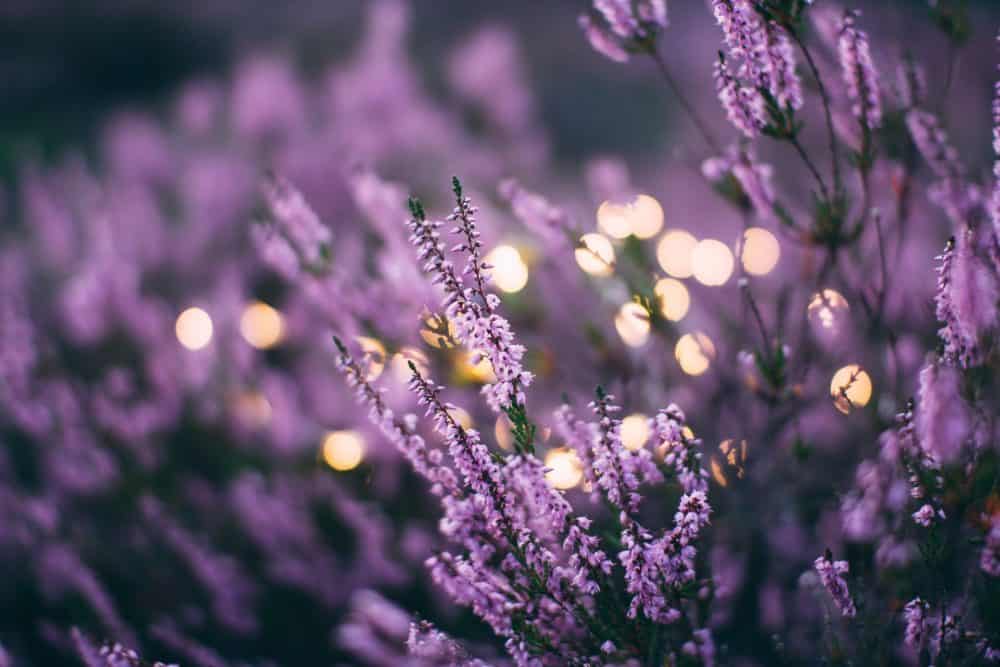AD | Featured / Affiliate Links
Gardening brings a lot of joy. The feeling of planting a seed and watching it grow into a colourful flower or the delicious watermelon you’re enjoying on the porch is an amazing feeling. You can have fresh produce and beautiful flowers all year long.
But gardening can be challenging, too. The number one drawback? Pests that sneak into your garden and feed off of the fertiliser or your plants themselves. If you don’t like the idea of lab-made pesticides, don’t worry! There are plenty of plants you can grow that will naturally repel pests. Here are a few ideas.
Plants that can naturally repel pests

Dill
To keep your tomatoes safe from spider mites, aphids, and more, plant dill in your garden. As an added bonus, dill will attract pollinators to keep your garden happy and healthy. You won’t have to worry about planting it again next year, either; dill reseeds, taking care of that job for you.
Marigold
More than just a beautiful flower, marigold is known for repelling insects that threaten your garden. When you plant marigold, you’ll get more than the stunning orange colour: Mosquitoes, whiteflies, and snails are among the pests that can’t stand being near these blooms.
Peppermint
When you hear the word peppermint, you probably think of a red-and-white Christmas gingerbread house. You might not guess that peppermint repels pests like ants and garden spiders. To keep the ant colony away from your garden, have peppermint on the border as a sweet-smelling and natural barrier.
Lavender
Like marigold, lavender is more than just an eye-catching colour. Despite its relaxing scent to humans, lavender is an effective repellent against moths, flies, and mosquitoes. If you gather vases of lavender in your home, it’ll protect your indoor living space against these pests, too.

Mint
Along with lavender, mint is a strong-smelling herb that’s useful for keeping away moths and ants. Most of all, mint keeps mosquitoes away, so you can go outside without worrying about being attacked. Plant stalks of mint along with your peppermint on the border of your garden to keep it safe.
Lemongrass
Lemongrass is the most common natural ingredient used to repel mosquitoes. It’s used in candles, lotions, and sprays. It can be used in your garden, too, to keep your plants happy and healthy.
Rosemary
You’ve probably used rosemary in a recipe or two for a delicious dinner, but did you know it’s another natural pest repellent? It keeps away a number of harmful insects, including mosquitoes. Rosemary is easy to grow and can be kept in your kitchen so you have easy access.
Nasturtiums
Marigolds aren’t the only flowers that have a bite to them. Nasturtiums, when planted in your garden, can be used in various forms of pest control. For example, they attract aphids, which will go for the flower instead of attacking your cabbage crop. Distracting pests with a decoy plant is an effective way of keeping your other plants safe.

Petunias
Like nasturtiums, petunias attract unwanted insects so they don’t attack your vegetables. The most common pest that attacks the petunia is the budworm caterpillar. Plant petunias and nasturtiums throughout your garden to set up a defence that’s equally as effective as it is lovely to look at.
Basil
Basil is one of the herbs that give your dinner an exotic, sharp taste. It also repels pests, like mosquitoes, from your garden. Add it to your garden so the poignant fragrance can keep the rest of your crops safe–and so you can add a little extra flavour to your dinner.
Chrysanthemum
Chrysanthemum is another flower that’s as tough as it’s pretty to look at. The chrysanthemum is an ideal repellent against spider mites, ticks, aphids, and more. You wouldn’t think these beautiful, colourful flowers would be such an effective shield for your garden.
Takeaways
If your pest problem is bigger than these plants can clear up, try contacting a pest control company. No one should have to worry about unwelcome bugs in their garden, a place where we go for peace and tranquillity. And with the right team of experts, you won’t have to. Clear your garden of pests once and for all and enjoy your flowers and produce to the fullest.
























No Comments